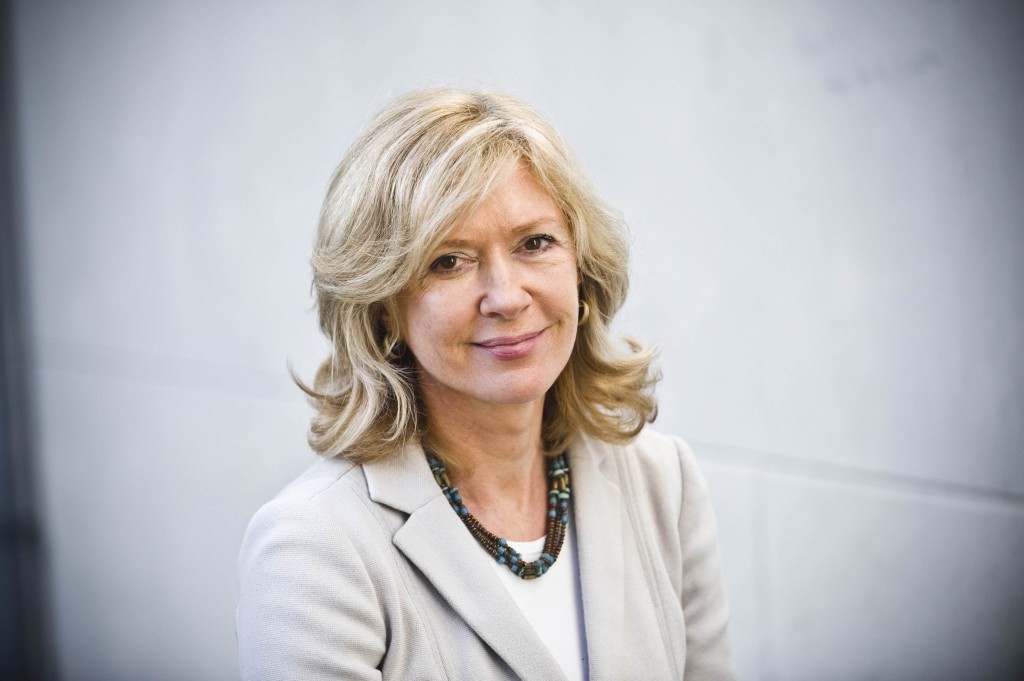An article by professor Deirdre Curtin of the Open Government in the EU research group was published yesterday in the Irish Times.

In the article, entitled “Secrecy at EU level is a challenge to democracy“, Curtin, director of the Amsterdam Centre for European Law and Governance, argues that current trends in EU decision-making, partly set in motion by the crisis, partly through the growing role of the EU as a global actor, create an unhealthy level of secrecy accompanied by a lack of democratic deliberation. Below, some excerpts from the article are quoted.
Only half the story
“The president of the European Commission, José Manuel Barroso, said recently: “More Europe does not mean more Brussels!” He did not say what more Europe does mean: more summits and less democracy.”
“British minister for Europe David Lidington in Berlin recently spoke of the “crisis of democracy” facing the EU. His solution – even more executive dominance, more power to more frequent meetings of the European Council.”
Decision-making at two levels, democracy at two levels
“Parliaments struggle to exercise scrutiny over what their ministers agree in Brussels because of the working practices of both the European Council and the linked Council of Ministers and their secrecy rules.”
“…the government co-agreed [internal classification rules] at the European level without any prior discussion at the national level.”
Need for assertive national parliaments
“Why should parliaments accept unilateral executive control over so-called sensitive information which takes no account of relative values of secrecy and openness?”
“The real democratic challenge is the lack of democratic accountability of national prime ministers in the European Council and other ad hoc summits. National parliaments are increasingly eclipsed by powers assumed by national executives at European level.”

